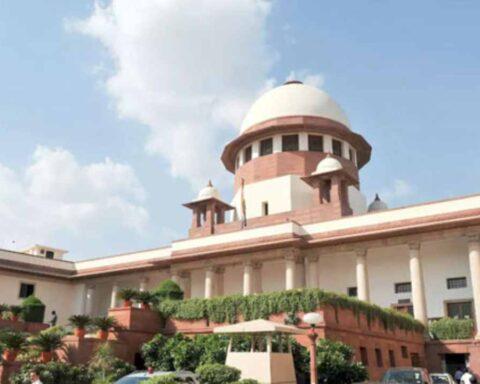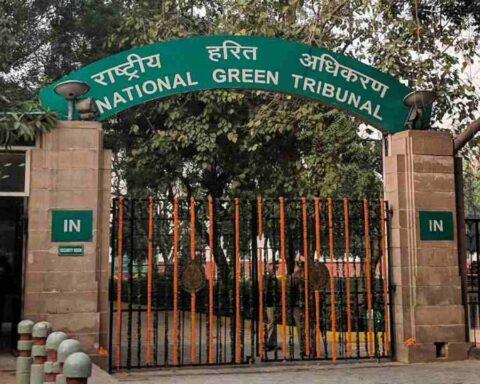A bench of Justices KM Joseph and Hrishikesh Roy noted that the concept of environmental protection, as well as the principle of access to justice, should guide the Centre in considering more zonal benches.
“Why can’t you have NGT benches in every state? There is a point about access to justice and the cause of the environment. Having more benches may go a long way. It will be very helpful for the litigants and would also lighten the burden of the existing benches. Most importantly, this will bring this important forum to the doorstep of the citizens,” the bench told attorney general KK Venugopal.
Venugopal submitted that the tribunals are highly specialised bodies and they cannot be called inferior to High Courts.
The bench said there may be substance in Gupta’s arguments. “If you have one bench each in every state, more people will be induced to take up the causes of protecting the environment. If these tribunals are closer to the doorstep of the citizens and access to justice is made available, they will be enthusiastic to help environmental causes. Why make them travel hundreds of kilometres for a cause which ultimately helps everyone?” the court told Venugopal.
Advocate Siddharth Gupta, appearing for the petitioner, referred to an apex court judgement and said access to justice is a facet of the fundamental right.
He said the jurisdiction is restricted as the person filing the complaint is often unable to avail the benefit of an appeal in the Supreme Court. At the end of the hearing, the bench of the court reserved its decision and asked the parties to file a brief within five days.
Recently, the bench of Justices K M Joseph and Hrishikesh Roy said every case ultimately lands up in the top court. “We do not want to use the word, but the legislature has been dumb in this regard. We don’t want to use the word but that is the word…every case ultimately ends up in this court,” the bench observed.





























